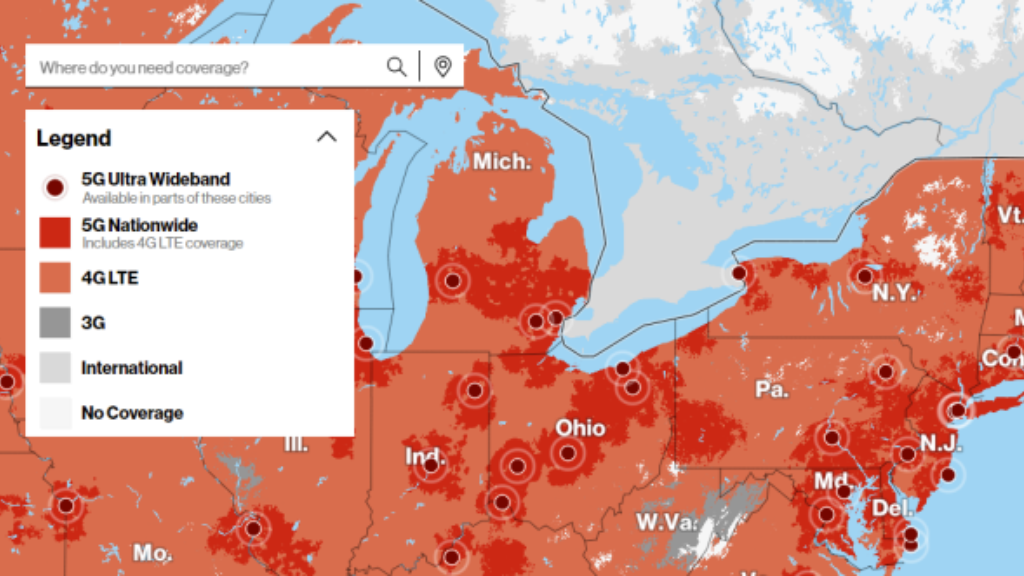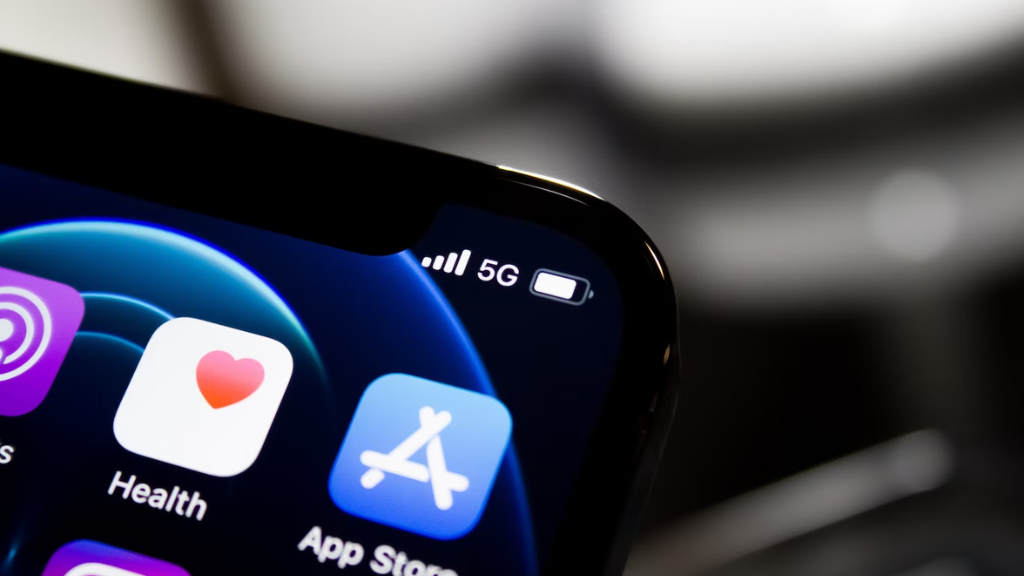
Verizon is one of the largest wireless network carriers in the United States. As one of the top mobile carriers, a common question asked is – does Verizon use GSM? In this detailed article, we will understand Verizon’s network technology and see if they utilize GSM or not.
Verizon’s Network Technology
When Verizon first started out as a wireless carrier, it adopted Code Division Multiple Access (CDMA) as its primary network technology. CDMA is a protocol used in 2G and 3G wireless communications. It allows multiple users to share the same frequency channel by assigning each transmission a unique code.
Verizon launched its nationwide 3G CDMA network in 2002. They were one of the earliest adopters of CDMA2000 1x, the 3G evolution of the 2G CDMA standard. This gave Verizon customers faster data speeds compared to 2G networks.
In 2010, Verizon started rolling out its 4G LTE network across the US. LTE (Long Term Evolution) is a standard for high-speed wireless communication that improves spectral efficiency. Most modern smartphones are compatible with LTE networks for fast download and upload speeds.
Today, Verizon has largely transitioned to an LTE-dominant network for 4G coverage. They are consistently upgrading and expanding their LTE network nationwide. Verizon has also launched 5G wireless services in select cities using new spectrum bands like mmWave.
So in summary –
Verizon’s Original Network:
2G CDMA
Verizon’s 3G Network:
CDMA2000 1x (CDMA-based 3G)
Verizon’s 4G Network:
LTE (GSM-compatible 4G standard)
Verizon’s Current Focus:
Expanding LTE coverage and launching 5G
Does Verizon Use GSM?
Now coming to the main question – does Verizon use GSM?
The simple answer is no, Verizon does not utilize GSM as their cellular network standard. GSM (Global System for Mobile Communications) is a different protocol than CDMA, which Verizon’s original network was based on.
However, with the transition to 4G LTE, Verizon’s network became more compatible with GSM-based devices and standards. Here’s a breakdown:
2G & 3G eras – Verizon solely used CDMA which is incompatible with GSM-based phones
With 4G LTE – The LTE standard is common to both GSM and CDMA networks. So LTE-enabled GSM phones can now connect to Verizon’s 4G network.
Domestically, Verizon handles compatible GSM devices on their network without issues via LTE.
Internationally, Verizon users can switch to GSM-based carriers while roaming with a compatible multi-band smartphone.
So in practice today, while Verizon itself doesn’t run a GSM network internally – their adoption of LTE has made their service usable for GSM-standard phones both within the US and abroad via roaming. However, their core network architecture remains CDMA-based from previous generations.
Understanding CDMA vs GSM
To better grasp Verizon’s situation, let’s examine the key differences between CDMA and GSM networks:
CDMA utilizes code division multiplexing that assigns each call a unique code. GSM utilizes time-division multiplexing with specific time slots for each call.
CDMA networks are not compatible with GSM devices and vice versa. Different protocols prevent cross-connectivity.
GSM networks were more commonly deployed globally compared to CDMA initially. This gave GSM an advantage for international roaming support.
CDMA2000 1x provided data access but GSM EDGE/GPRS delivered better speeds on 2G. UMTS turbocharged GSM networks for 3G while Verizon offered CDMA2000 EV-DO.
The 4G LTE standard unifies aspects of CDMA and GSM networks, resolving compatibility issues to a large degree.
To recap – CDMA and GSM were standards that mandated different core network technologies, making devices incompatible across networks until LTE harmonization.
Understanding Verizon’s Coverage and Roaming

Let’s glance at some aspects of Verizon’s wireless coverage and roaming support:
Within the United States, Verizon offers extensive LTE coverage including rural regions, supporting 99% of the population as of 2022.
This population coverage figure is according to a 2022 study by research firm Opensignal, which analyzed Verizon’s nationwide LTE reach.
Internationally, CDMA roaming is not supported. But LTE-enabled phones can connect to partner GSM networks in locations with Verizon global roaming.
Verizon has bilateral roaming agreements with hundreds of international carriers across Europe, Asia Pacific, and Latin America regions supporting GSM roaming.
In Canada, Verizon offers nationwide LTE roaming on Rogers Wireless and nationwide extended LTE roaming on Bell and TELUS mobile networks.
For overseas countries not covered, Verizon offers international high-speed data passes or per-use international plans while roaming.
So in summary, while Verizon’s core network was non-GSM, their partnership with global GSM carriers ensures seamless international roaming on compatible multi-band smartphones.
Smartphone Compatibility

This brings us to the topic of smartphone compatibility with Verizon’s network:
Phones designed for CDMA-only networks do not work on Verizon’s LTE network today without modifications.
Domestically, all current flagship Android and iOS devices are fully compatible with Verizon’s LTE network out of the box.
For international use, devices need the proper LTE bands supported by Verizon’s global roaming partners for uninterrupted service.
Checking a device’s network compatibility via Verizon or the manufacturer’s website is recommended before purchasing.
Popular flagships are generally safe choices but some regional/budget devices could lack needed international LTE bands.
So in essence, most mainstream phones support Verizon LTE domestically. For international travel, multi-band worldwide compatibility is important to check.
Can GSM phones like iPhones be used on Verizon?
Yes, as long as the phone supports Verizon’s LTE bands for domestic use and global roaming bands when traveling.
Can a Verizon SIM card work in an unlocked GSM phone?
Yes, as the phone supports Verizon’s LTE network specifications.
Does Verizon have plans to switch to GSM?
Unlikely as their core network remains CDMA-based, LTE harmonization makes the difference irrelevant now.
Can Verizon phones work on other carriers?
Only if the device supports that carrier’s bands and technologies like GSM/LTE. Otherwise, it may require modifications.
What is the future of Verizon’s network technology?
Expanding 5G nationwide and upgrading to 5G Standalone architecture while retaining multi-standard LTE/5G network compatibility.
I hope this detailed guide has helped explain Verizon’s network technology evolution over generations and answered your query about whether they use GSM or not. Let me know if any other aspects need more clarification!
